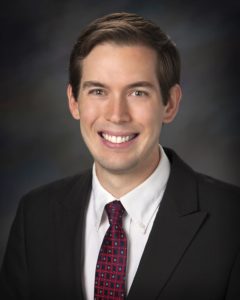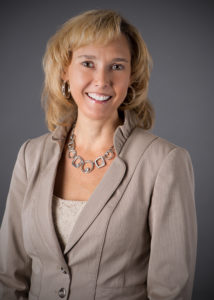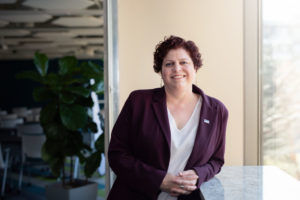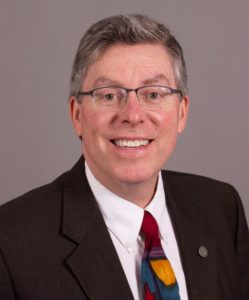Molly is a finalist for the 2021 Golden GOVIT Awards in the Individual Leader category. She was nominated by Patricia Milun.
With the onset of the COVID-19 pandemic, the Workers’ Compensation Court of Appeals was required to change its entire manner of operation, from reliance on paper files shared within the suite of offices and in-person hearings to electronic records accessed remotely and hearings conducted over the WebEx platform. As with any such change, there was a steep learning curve for all of the WCCA judges and staff, particularly those who lacked significant computer skills. With the immediacy of the crisis, an ad hoc file sharing system was developed to enable the office to function with only a skeleton staff working in-person. Ms. Nystel was the critical staffer who enabled access to the system and educated those who required assistance. Ms. Nystel remains the essential person for every hearing conducted by the WCCA.
As the pandemic continued, Minnesota’s state technology agency, MNIT, required that all agencies transition from ad hoc systems to the use of virtual private networking and State-owned equipment to access data on State networks. Again, Ms. Nystel was the lynchpin, ensuring that all staff were equipped with State-owned computers, able to access the required VPN, and educated in how to move files over these systems. This process continues today, with the efficiency and absence of problems a testament to Ms. Nystel’s effectiveness at educating the judges and staff of the WCCA.
In November 2020, the Minnesota Department of Labor and Industry launched its workers’ compensation document management and case management software system, CAMPUS. For several years prior, Ms. Nystel worked closely with the DLI staffers, MNIT, and the software developers to ensure that the system would meet the needs of litigants appealing cases to the WCCA. With the launch, Ms. Nystel utilized her knowledge of the system to provide critical assistance to WCCA staffers, attorneys, and litigants. She used this knowledge in identifying portions of system requiring remediation by the CAMPUS developers. The transition to CAMPUS has paid tremendous dividends in government efficiency by allowing hearing records in workers’ compensation cases to be transmitted electronically, thereby eliminating the burdens of a paper record and ensuring accuracy and completeness in the record received. Ms. Nystel has been a central figure in the development and implementation of these new processes.














